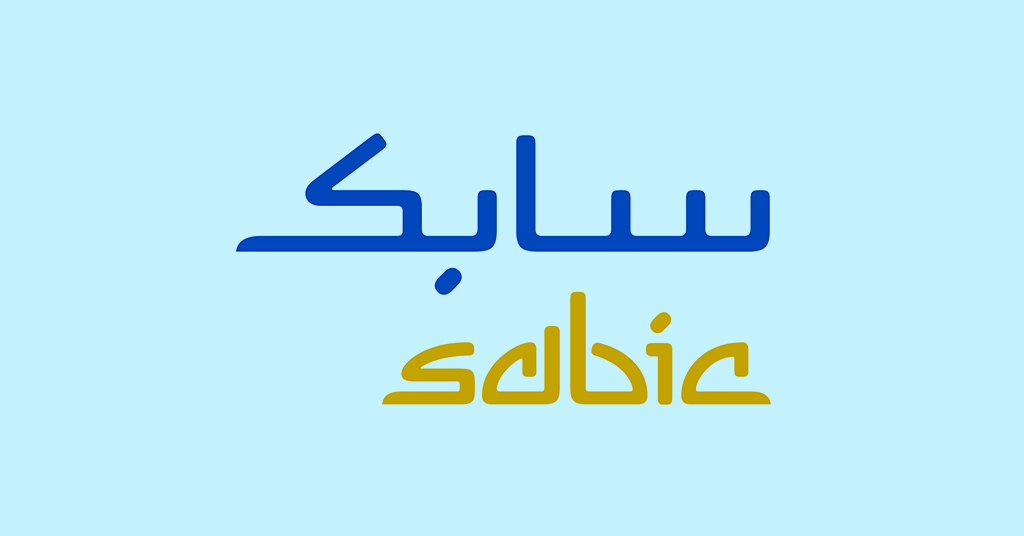Welcome To ChemAnalyst

RIYADH: By providing low-Carbon Urea, a fertilizer that supports sustainable agriculture, Saudi Arabia is assisting New Zealand in meeting its net-zero promise.
The 2,700 tons of low-Carbon Urea were delivered last Friday to Ravensdown, a farmer-owned agricultural cooperative in New Zealand, according to a press release from SABIC Agri-Nutrients Co. Ammonia is used to create the low-Carbon Urea, and this chemical emits very little Carbon Dioxide into the atmosphere. The business has received the first independent accreditation for producing low-Carbon Ammonia in the entire world.
This development is a component of Saudi Arabia's goal to dominate clean energy and agriculture on a global scale. The Kingdom is working to forge partnerships with businesses across the world to help them achieve their goals for sustainability. Strategy incorporates sustainability, allowing us to conduct ethical business and produce sustainable growth. SABIC AN CEO Abdulrahman Shamsaddin released a statement saying, constantly developing solutions empowering customers to achieve their sustainability ambitions.
Partnership with Ravensdown represents a significant step in this direction and a clear demonstration of SABIC's commitment to providing clients with low-Carbon solutions and assisting them in achieving their net-zero goals. In this project, Saudi Arabia has cooperated with New Zealand and is already setting the standard for the production and export of clean Hydrogen and its by-products, such as Ammonia.
Ability to reach target to cut Carbon emissions by 50% by 2030 depends on partnership with SABIC AN, according to Ravensdown CEO Garry Diack. Diack continued: SABIC AN's cutting-edge Urea production methods have the potential to revolutionize the world fertilizer market.
SABIC AN, which is owned by Saudi Basic Industries Corp. to the tune of 50.1 percent, sent its first shipment of low-Carbon Ammonia to India in May. As part of its ongoing partnership with the Indian Farmers Fertilizer Cooperative, the company supplied 5,000 tons of low-Carbon Ammonia to the second-largest economy in Asia.
India has committed to achieving net-zero emissions by 2070, and the country's administration is boosting its use of renewable energy through several initiatives and programs. According to Shamsaddin, India's journey toward achieving its net-zero targets will be sped up by the arrival of the first shipment of low-Carbon Ammonia.
Petrochemicals, Agri-Nutrients, and Specialties are SABIC's three Strategic Business Units, and Metals (Hadeed) is a stand-alone company. By spotting and seizing possibilities in crucial end markets like construction, medical devices, packaging, Agri-nutrients, electrical and electronics, transportation, and clean energy, they provide support to clients.
We use cookies to deliver the best possible experience on our website. To learn more, visit our Privacy Policy. By continuing to use this site or by closing this box, you consent to our use of cookies. More info.
